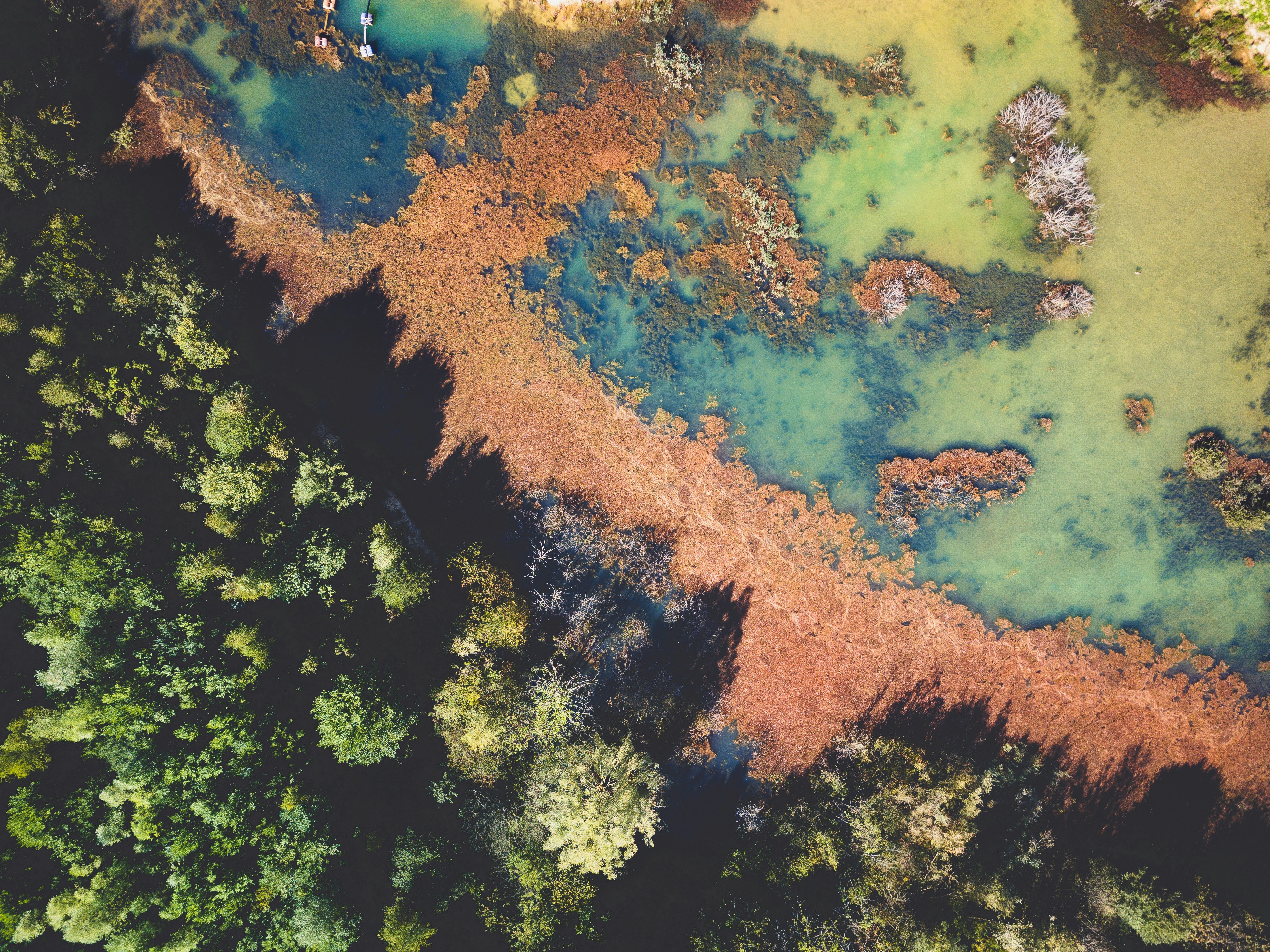Understanding the Disruptive Power of Hurricanes
Hurricanes are among nature’s most powerful forces, capable of inflicting widespread destruction on both human developments and natural landscapes. While much of the focus tends to be on the damage to infrastructure and the economy, it’s crucial to examine how these storms impact wildlife and ecosystems. These impacts can be immediate and catastrophic, but they can also have lingering effects on ecological balance and biodiversity.
Immediate Effects on Wildlife
The immediate impact of hurricanes on wildlife is often devastating. Birds, for example, can be displaced over vast distances, sometimes hundreds of miles away from their habitats, as they are swept along by strong winds. Aquatic and terrestrial animals face threats from storm surges and flooding, which can lead to habitat destruction, loss of food sources, and even mortality.
During these chaotic events, many species find refuge in surprisingly adaptive ways. Some animals, like small mammals and reptiles, can hide underground or in dense vegetation. However, not all species have the same ability to evade or resist these powerful storms.
Long-Term Ecological Impacts
Beyond the immediate aftermath, hurricanes can have significant long-term effects on ecosystems. The uprooting of trees and destruction of plant life can dramatically alter habitats. Forests, for instance, may take decades to recover fully, affecting the species that depend on them for shelter and food.
The alteration of landscapes often leads to a change in biodiversity. Some species might thrive in the altered conditions, while others may be driven to the brink of local extinction. These changes can disrupt existing food chains and ecological interactions, leading to unforeseen consequences for the local environment.
Case Study: The Impact on Coastal Wetlands
Coastal wetlands, vital for flood control and as habitats for diverse species, are particularly vulnerable to hurricanes. Storm surges can lead to severe erosion and saltwater intrusion, altering the delicate balance of these ecosystems. The loss of vegetation due to saline conditions can take years to restore, impacting the wildlife that relies on these areas.
Learn more about coastal ecosystems.
Resilience and Recovery Strategies
Despite the significant challenges posed by hurricanes, ecosystems exhibit remarkable resilience. Nature has a way of bouncing back over time, and there are strategies in place to assist this recovery. Restoration efforts can include replanting native vegetation, rebuilding coral reefs, and restoring natural water flow in wetlands.
Moreover, public awareness and education are critical. Initiatives like those provided by HelpNow aim to educate communities about the importance of protecting and restoring natural habitats post-disaster.
Role of Conservation Efforts and Policy
Proactive conservation efforts and strategic policy decisions can mitigate the impact of hurricanes on wildlife and ecosystems. Establishing protected areas and investing in natural infrastructure like barrier reefs and mangroves can provide buffers against storm damage. Policymakers need to prioritize these strategies in planning for future hurricane seasons to ensure the long-term health of ecosystems.
International cooperation and funding can also aid in restoration projects and research, ensuring that the knowledge gained is applied globally. Additionally, local governments and organizations can play a vital role by incorporating ecological considerations into their environmental management plans.
Moving Forward: A Call to Action
The impact of hurricanes on wildlife and ecosystems is an urgent reminder of our responsibility to the natural world. As climate change increases the frequency and intensity of these storms, it is more important than ever to invest in resilient ecosystems and informed response strategies.
Engage with initiatives that support ecological recovery. Organizations like HelpNow provide opportunities for volunteering and participation in efforts aimed at preserving and rehabilitating affected ecosystems.
By acting now, we can help ensure that our natural environments remain vibrant and diverse for generations to come.

